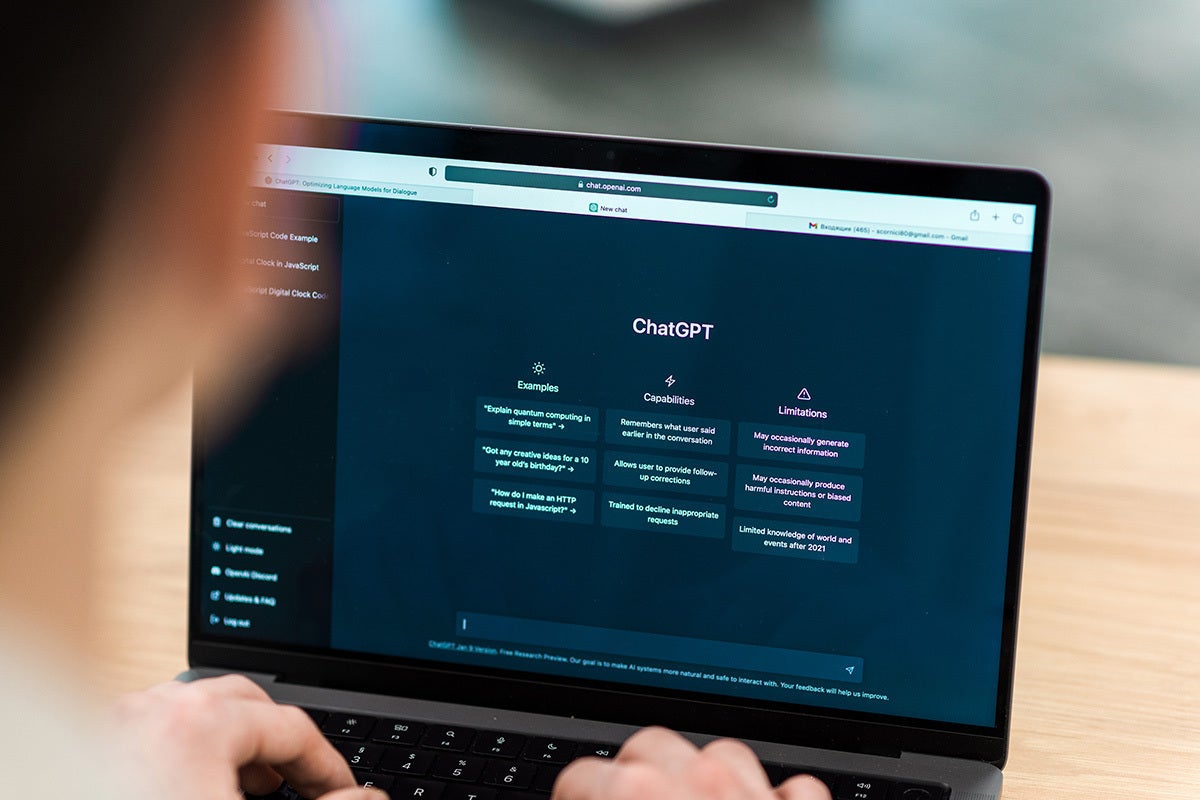In fresh troubles for OpenAI, Italian watchdog Garante said the company’s generative AI platform ChatGPT has breached data privacy norms set by the EU.
Garante, which reportedly has a history of holding proactive assessments, investigates whether different companies and their AI platforms are complying with the EU’s data privacy regulations.
While OpenAI didn’t respond to the queries, the watchdog has given the ChatGPT-maker 30 days to respond to the charges and prepare arguments in its defense.
“The Italian Garante will take account of the work in progress within the ad-hoc task force set up by the European Data Protection Framework (EDPB) in its final determination on the case,” the watchdog said in a statement.
However, this is not the first time that Garante has brought charges of breaching data privacy norms against ChatGPT.
Last year, the watchdog temporarily banned the generative AI platform, alleging that it flouted data privacy norms, especially the age limit of its users who are supposed to be 13 years or older.
The ban was lifted within 30 days after OpenAI promised to provide better visibility of its privacy policy and also provide a form that allows users in the Union to disallow the company from using their data to train its underlying large language models (LLMs).
Although the ban was lifted, the watchdog has been investigating ChatGPT for over nine months now and has said it has yet again found evidence that suggests that the company is flouting norms.
However, the watchdog has not shared any details.
The charges come at a time when OpenAI is already dealing with multiple lawsuits that allege that the company trained its models without taking explicit permission from content creators or compensating them for it.
One of the lawsuits has been filed by The New York Times. OpenAI has contested via a blog post that The Times was not telling the entire story.






